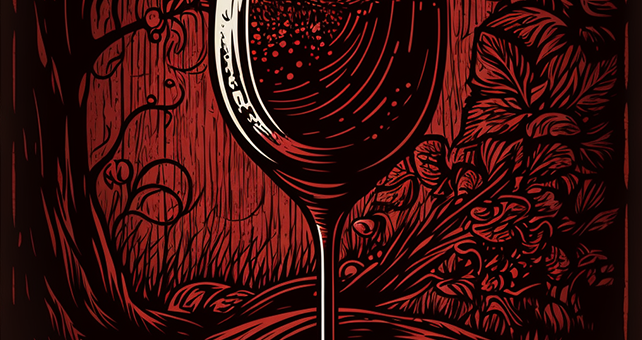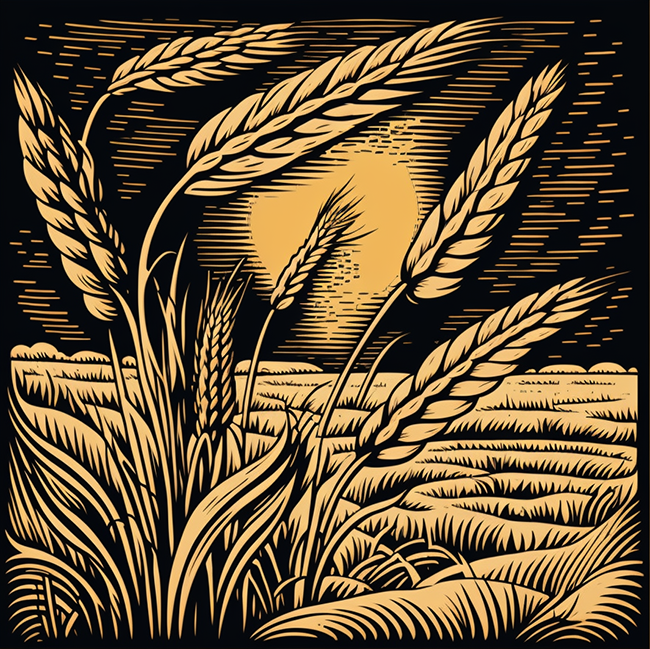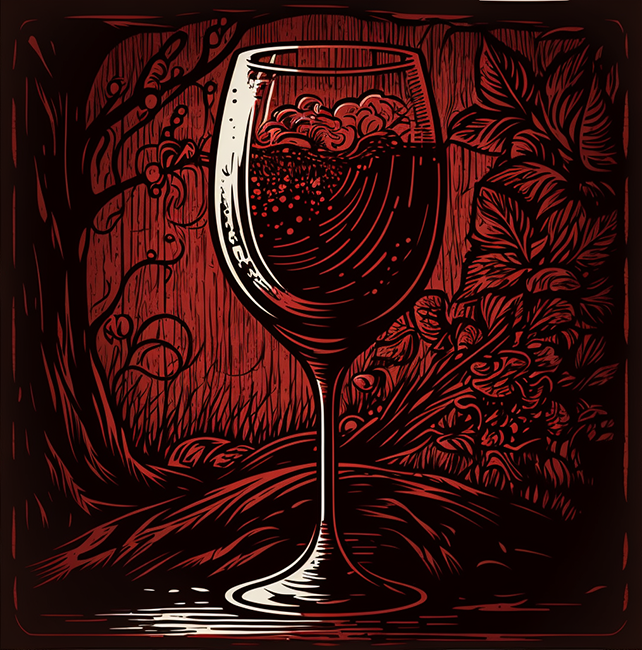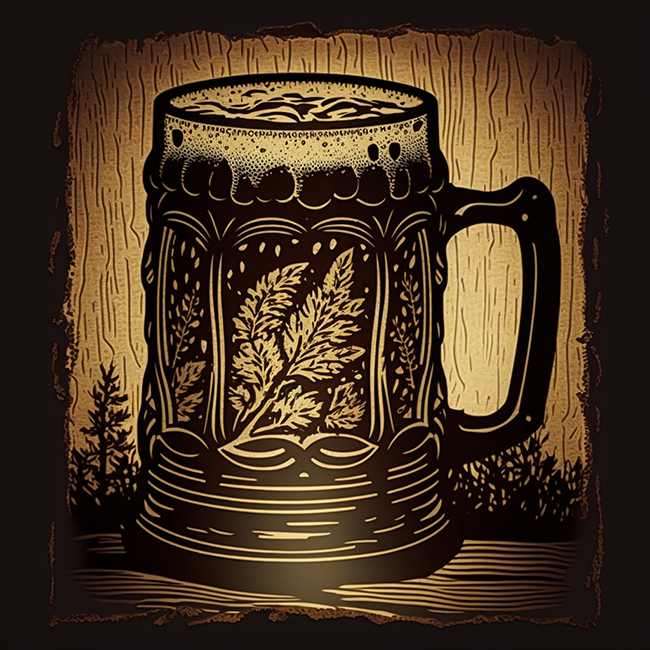
Libation, a ritual pouring out of a liquid or grains such as barley in honor of a deity, is an ancient practice that predates Christianity and has been an integral part of religious and cultural ceremonies across various civilizations.
This act of offering was believed to establish a spiritual connection between humans and the divine, serving both as a form of worship and a means of seeking favor or appeasement.

Ancient Greece
In Ancient Greece, libations, known as “sponde,” were a key element of both public and private religious practices, often performed during banquets (symposia), religious ceremonies, and before undertaking important endeavors.
Wine was the most common libation, but milk, honey, oil, and water were also used, depending on the deity being honored or the specific ritual context. Libations were poured on the ground, into a fire, or onto an altar.
In Homeric epics, heroes often made libations to the gods before embarking on journeys or entering battles, highlighting the practice’s significance in seeking divine protection or guidance.

Ancient Rome
In Rome, libations were a central feature of religious life, intertwined with the veneration of the gods, the lares (household deities), and the ancestors.
During meals, a portion of wine was often poured onto the hearth as an offering to the lares.
The Romans also practiced libations during formal sacrifices, where wine was poured over the sacrificial animal or altar. This act was a way to sanctify the offering and ensure the deity’s favor.
The practice extended to state rituals and ceremonies, emphasizing the Romans’ desire to maintain pax deorum, or the peace of the gods, which was crucial for the welfare of the state and its people.
Ancient Egypt
In Ancient Egypt, libations were part of daily temple rituals and important ceremonies, dedicated to the gods and the deceased.
Offerings typically included water, milk, wine, and beer, poured out to sustain the gods and to honor the dead, ensuring their well-being in the afterlife.
Priests conducted libations using special vessels, and the act was considered essential for maintaining the balance between the divine and the mortal worlds.
The practice also reflected the Egyptians’ belief in the purifying and revitalizing power of water.

Other Cultures
Libation rituals were not limited to these cultures. Similar practices were found in Vedic India, where offerings of soma, a sacred drink, were made to the gods; in pre-Islamic Arabia, where milk and water were poured on sacred stones; and among the Norse, where mead or beer was offered to the gods and the earth to ensure fertility and prosperity.
These varied practices across different cultures underscore the universal human desire to connect with the divine, seek their favor, and ensure harmony between the heavens and the earth.

